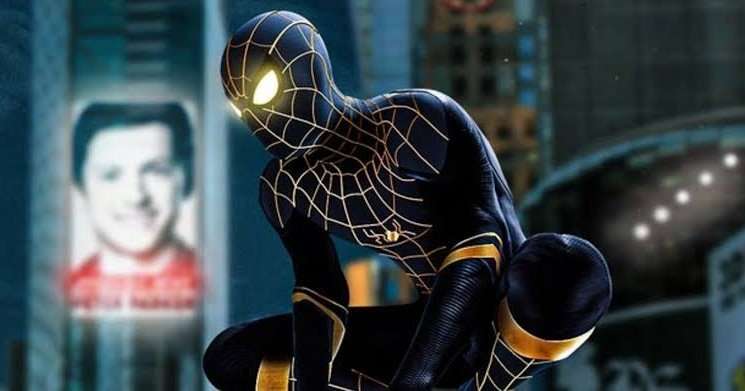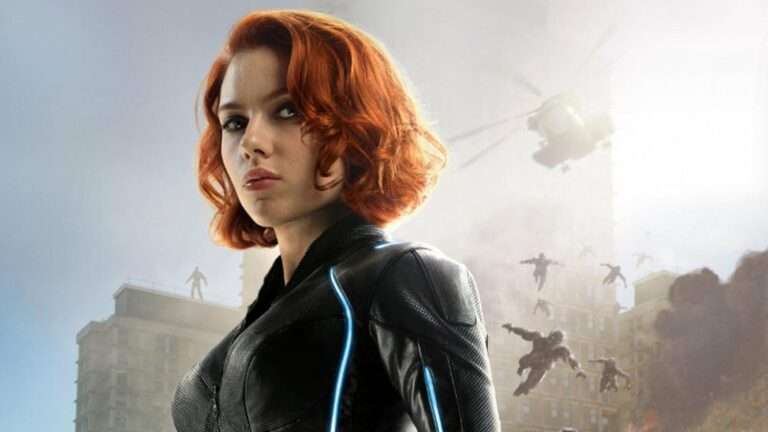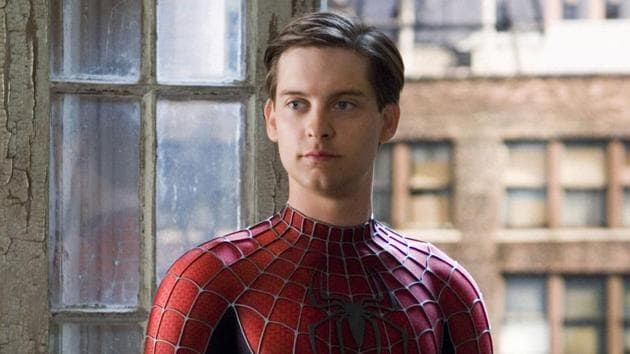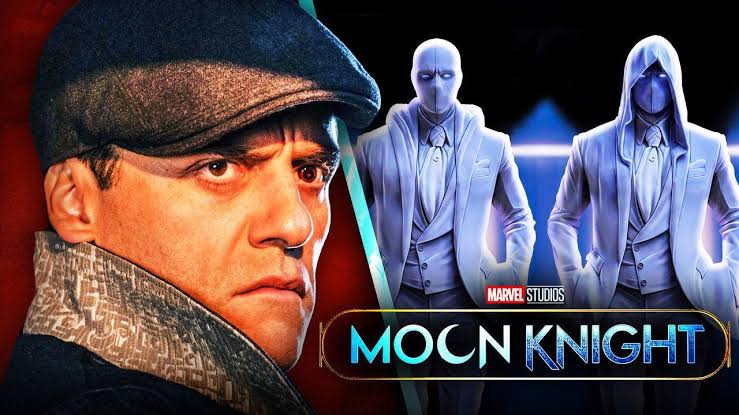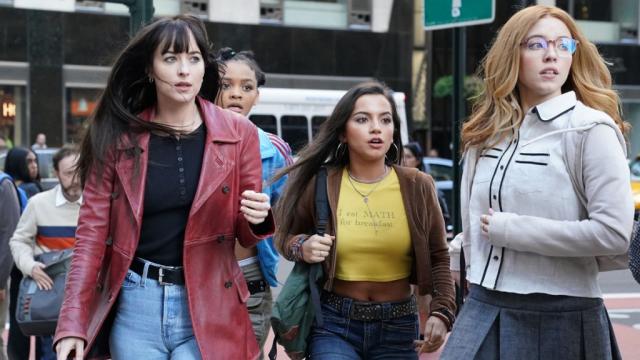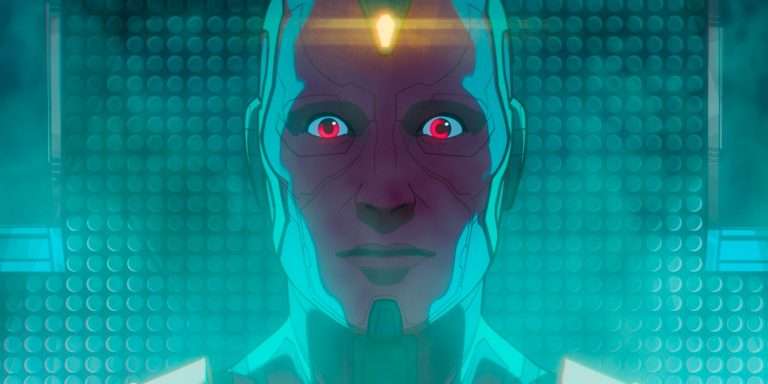Everything About The Writers’ Strike And How Scarlett Johansson’s Lawsuit Fuelled It?

After the COVID-19 pandemic shut down the world starting in 2020, the way people watched movies, understandably, had to change — but in the process, studios also broke agreements with actors over exactly how those releases would even work. In July of 2021, Scarlett Johansson — Academy Award nominee, Avenger, and child actor turned global superstar — took Disney to task for doing exactly that with her Marvel character’s first standalone project, “Black Widow.”
Now that the Screen Actors Guild and Writers Guild of America are striking together for fair pay from studios, people who thought Johansson’s lawsuit was out of line are re-evaluating the situation. As TikTok user @radicalvenuss argued in her video, Johansson was simply saying that people like Bob Iger and Bob Chapek, two people who’ve served as the head of Disney, make far more money from streaming services than actors do… and as the user also recalls, other stars of the Marvel Cinematic Universe kept quiet about the overall issue, clearly trying to not make any waves with the top brass. Now that actors throughout the industry are revealing just how little they’ve been paid as their projects debut on streaming services, it’s clear that Johansson was in the right all along.
What exactly happened with the Scarlett Johansson — Disney lawsuit?
While the COVID-19 pandemic kept people out of movie theaters and safe at home — in the days when a vaccine hadn’t yet been developed — Johansson took Disney to task over their decision to completely forgo a theatrical release for “Black Widow,” the only solo project for Johansson’s character in the MCU.
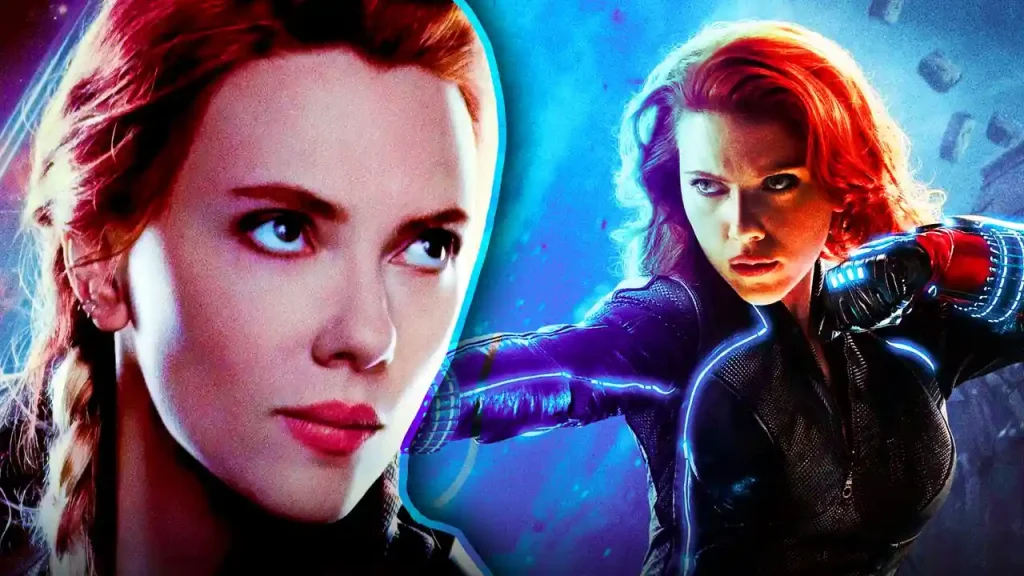
This meant that Johansson wouldn’t be entitled to any of the backend profits the movie would have earned had the studio simply held it and released it at a later date — and the contract between the actress and Disney specifically noted that the movie would release in theaters and not on Disney+. Worst of all, Chapek, who ran Disney at the time, bragged openly about how the film netted $60 million in signups… for him and other executives, not for Johansson.
After Johansson went forward with her lawsuit, the studio went after her character pretty much immediately. In a statement obtained by Deadline, Disney said,
“There is no merit whatsoever to this filing. The lawsuit is especially sad and distressing in its callous disregard for the horrific and prolonged global effects of the Covid-19 pandemic. Disney has fully complied with Ms. Johansson’s contract and furthermore, the release of ‘Black Widow’ on Disney+ with Premier Access has significantly enhanced her ability to earn additional compensation on top of the $20M she has received to date.”
Scarlett Johansson was shocked by Disney’s response to her.
In the aftermath of Disney’s response, Johansson told Variety that she was truly taken aback by Disney’s pushback against her asking for the pay she was entitled to in her original contract. “I was sad and disappointed. But mostly sad,” she said in 2023 shortly before the WGA went on strike.
“It was such a surreal moment because we were all isolated and just sort of emerging a little bit. I was also really heavily pregnant, too, which in a weird way was amazing timing. Suddenly, your entire attention is drawn to this miracle of life. So, I had the most wonderful distraction in the world and soon after had a beautiful baby.”
At the time, Johansson’s agent Bryan Lourd — father to actress Billie Lourd and former partner to Carrie Fisher — was much more direct, saying that Disney acted completely unfairly and that Johansson’s lawsuit was bigger than just her. “She and I were very much in lockstep about what this was,” he said, also to Variety. “And she had the conviction to let me fight back. A lot of people wouldn’t do that. And part of the reason she did it is because she thought, in the position she’s in, she had a responsibility not just to herself but to other people who were being confronted with this change.”
It’s now clear that Johansson’s lawsuit paved the way for things to come, as the SAG-WGA joint strike focuses heavily on residuals and other payments for streaming projects. The actress knew she had enough clout to wage this battle, and she set a standard for her fellow actors to follow just a few years later.
Now, actors are striking with writers to make sure everyone is paid fairly.
On July 14, 2023, SAG-AFTRA officially joined the WGA on the picket lines; the WGA has been on strike since May. A few salient issues at hand are the issue of compensation for streaming projects, as well as artificial intelligence technology. As SAG-AFTRA president Fran Drescher and chief negotiator Duncan Crabtree-Ireland said during a press conference after SAG officially went on strike, one condition that the Alliance of Motion Picture and Television Producers, or the AMPTP, could set under current guidelines is that background actors could have their likenesses scanned and their performance used in perpetuity after being paid for a single day of work.
During the conference, which was live-streamed on July 13, Drescher said, “The eyes of the world — and particularly the eyes of labor — are upon us. I can’t believe how far apart we are on so many things… [They] say they’re losing money left and right while they give hundreds of millions of dollars to their CEOs… At some point, we have to say no, we’re not going to take it anymore.” The actress also made it perfectly clear that SAG-AFTRA is in this fight to win it: “”Eventually, the people break down the gates of Versailles. And then it’s over. We’re at that moment right now.”

